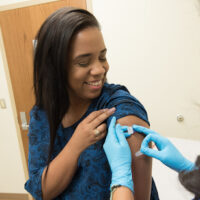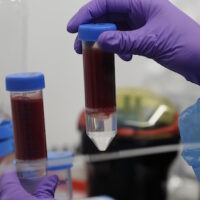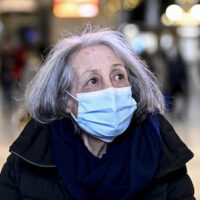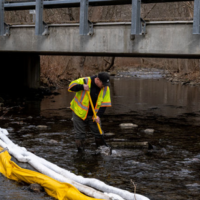Last summer saw the largest outbreak ever of mpox, the disease formerly known as monkeypox. Here, we provide an update on the disease, and explain what makes the outbreak unusual and how people can protect themselves.
Stories by Jessica McDonald
What VAERS Can and Can’t Do, and How Anti-Vaccination Groups Habitually Misuse Its Data
FactChecking Ron DeSantis’ Presidential Announcement
Q&A on the Medication Abortion Court Rulings
More than half of abortions in the U.S. are medication abortions, done early in pregnancies. But federal court rulings have raised questions about the future availability of mifepristone, the first of the two-drug combination used in those abortions. Here we answer questions about the court rulings, mifepristone and what may happen next.
Posts Exaggerate Lab Findings About COVID-19’s Impact on Immune System
Outside of long COVID or very severe cases, most research suggests COVID-19 doesn’t cause lasting damage to the immune system. A few studies have found evidence of some possible damage, but nothing as severe as an immunodeficiency. People on social media, however, are misinterpreting a recent study to incorrectly claim COVID-19 is HIV-like.
What the Cochrane Review Says About Masks For COVID-19 — and What It Doesn’t
People online are touting the results of a Cochrane review to incorrectly claim that it shows masks “don’t work” against the coronavirus. But the primary conclusion of the review is that it’s uncertain from randomized controlled trials whether mask interventions in the community help slow the spread of respiratory illnesses.
No Evidence Pfizer Conducting Any Inappropriate Coronavirus Experiments
Scientists say the experiments Pfizer has performed on the coronavirus are standard for the industry. Baseless claims that the company is mutating the virus for profit, however, have been circulating since the release of a popular undercover video from the conservative activist group Project Veritas.
Commentators Push Unfounded Claims About Ohio Train Derailment
The derailment of a freight train carrying toxic chemicals in eastern Ohio has sparked a slew of unfounded claims by conservative commentators. There’s no indication that this incident will rise to the level of a “domestic Chernobyl”; it has been covered steadily by the media; federal and state agencies are monitoring air and water quality and its impact on people and animals.








